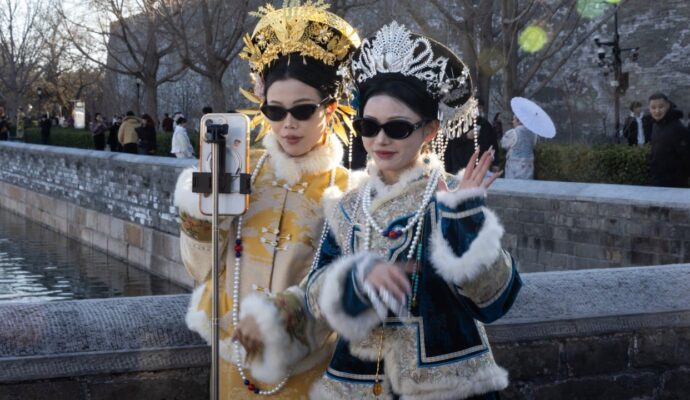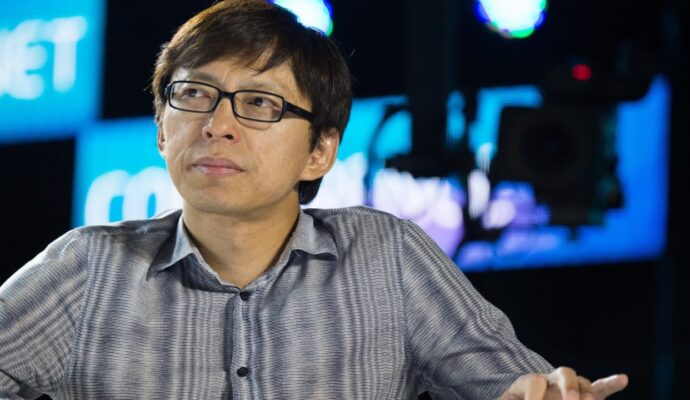But now only three of the 46 students in her class have found jobs that pay around 2,000 yuan (US$279) per month, which is less than half of the average monthly salary for a fresh graduate in China.
We felt hopeless at first, but now we have basically accepted the sluggish job prospects fact now
“We felt hopeless at first, but now we have basically accepted the sluggish job prospects fact now,” said He, who is now applying for a master’s degree programme.
The world’s second-largest economy reported that 20.8 per cent of its young people aged 16 to 24 were without a job in May – the highest youth unemployment rate since the figures were first compiled.
Graduates from elite institutions can also be expected to be paid less even if they are holding a qualification that is in high demand, although the good reputation and resources of their universities are seen to offer better prospects and protection against unemployment.
Zhao Dingxin, 24, will graduate from a leading elite university in Shanghai, and will head to Beijing to work in private equity.
Enrolled in the school’s nationally renowned finance programme, she chose a job with a guaranteed base starting salary of 300,000 yuan (US$41,500) per year.
“If the market conditions get better, together with bonuses, my predicted annual salary could be up to 500,000 yuan,” Zhao said.
“The pandemic has certainly dampened salary expectations, in the past the vast majority expected an annual base salary of 300,000 yuan, now it’s down to 200,000 yuan.”
However, her expected income, which has still been reduced by a third, still exceeds the national average annual income of 36,883 yuan (US$5,098) reported by the country’s statistics department in January.
Zhao was provided with instant market information and her school designed quantitative models to assess the job market.
“We can use these indicators to change our job-hunting strategies in real-time, and the teachers always give us one-on-one employment coaching at the same time,” she said.
Benefiting from the solid reputation of elite universities and timely job market information, plus the better internship opportunities in first-tier cities, Zhao and her classmates have all found relatively well-paying jobs.
In our final year, the school only gave us one career pep rally and in fact we didn’t get any substantial help
But for students graduating from less popular colleges in smaller cities and with qualifications that are not in demand, they may increasingly find it hard to find a job.
“In our final year, the school only gave us one career pep rally and in fact we didn’t get any substantial help,” said 23-year-old Gu Yu, who will graduate from a private college in Zhengzhou, Henan province.
Unlike in the United States, where elite universities tend to be privately-run, key universities in China are basically government funded, while private institutions have a relatively low reputation among employers.
Weak teaching resources, a lack of government funding and insufficient job information among China’s private universities make graduates even more vulnerable in the job market.


